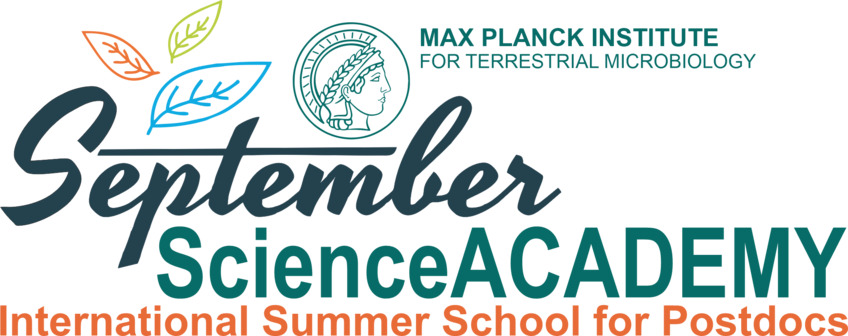
Confirmed Poster Contributors
Dr. Ilka Bischofs-Pfeifer leads the Complex Adaptive Traits (CATs) research group at the Max Planck Institute for Terrestrial Microbiology in Marburg. Her interdisciplinary work explores how beneficial Bacilli, such as Bacillus subtilis, adapt to environmental stress through coordinated behaviors and regulatory networks. By combining systems biology, fluorescence microscopy, and theoretical modeling, her team investigates phenomena like spore formation, peptide-based signaling, and microbial population dynamics. Dr. Bischofs-Pfeifer earned her Ph.D. in Theoretical Physics from the University of Potsdam and held research positions at UC Berkeley and Heidelberg University.
Dr. Timo Glatter is the Head of the Mass Spectrometry and Proteomics Core Facility at the Max Planck Institute for Terrestrial Microbiology in Marburg. His expertise lies in quantitative proteomics, where he develops and applies advanced mass spectrometry techniques to study protein dynamics and interactions in microbial systems
Dr. Changqing Liu is a postdoctoral researcher in the Department of Biochemistry and Synthetic Metabolism at the Max Planck Institute for Terrestrial Microbiology in Marburg. Working within the Tree-M project, her research focuses on the carbon metabolism of bacterial leaf microbiota, particularly methanol- and isoprene-degrading bacteria. Her work aims to elucidate how these microbes influence atmospheric chemistry and plant-microbe interactions. Dr. Liu's expertise encompasses microbial ecology, enzymology, and genome editing techniques.
Helena Schulz-Mirbach is a doctoral researcher at the Max Planck Institute for Terrestrial Microbiology in Marburg, Germany. Her research focuses on engineering synthetic carbon fixation pathways that outperform natural counterparts, aiming to develop sustainable solutions for carbon capture and utilization. She has contributed to studies demonstrating the potential of synthetic metabolism in enhancing microbial growth and productivity.
Dr. Nataliya Safronova is a postdoctoral researcher in the Department of Biochemistry and Synthetic Metabolism at the Max Planck Institute for Terrestrial Microbiology in Marburg. Her research focuses on understanding how lipid composition and organization influence membrane functionality, particularly in the context of synthetic biology and artificial cells. Dr. Safronova earned her Ph.D. from the Dresden International Graduate School for Biomedicine and Bioengineering, where she investigated membrane dynamics in minimal cells.
Dr. Victoria Anastasia Sajtovich is a postdoctoral researcher in the Department of Biochemistry and Synthetic Metabolism at the Max Planck Institute for Terrestrial Microbiology in Marburg. Her research focuses on microbial plastic degradation and synthetic biology, aiming to develop sustainable solutions for environmental challenges. Prior to her doctoral studies, she was involved in synthetic biology education initiatives, including participation in the International Genetically Engineered Machine (iGEM) competition.